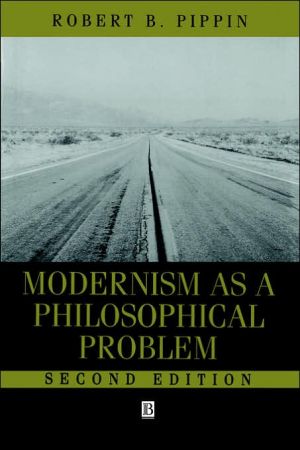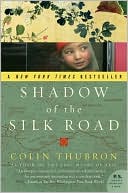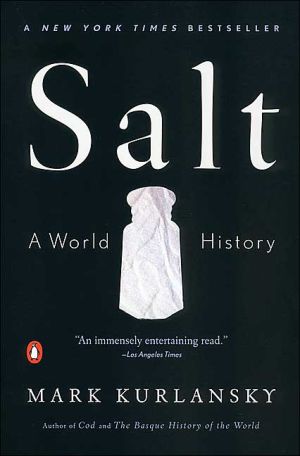Modernism as a Philosophical Problem: On Thedissatisfactions of European High Culture
Modernism as a Philosophical Problem, 2e presents a new interpretation of the negative and critical self-understanding characteristic of much European high culture since romanticism and especially since Nietzsche, and answers the question of why the issue of modernity became a philosophical problem in European tradition.
Search in google:
Modernism as a Philosophical Problem, 2e presents a new interpretation of the negative and critical self-understanding characteristic of much European high culture since romanticism and especially since Nietzsche, and answers the question of why the issue of modernity became a philosophical problem in European tradition. Library Journal Pippin's ``modernism'' is the ideology behind empirical science, liberal democracy, and universal reason. Arnold Toynbee first noticed that modernism was in danger in his landmark A Study in History . Lately, it has been flayed by philosophers (Derrida, Foucault) and others who see it as a bourgeois ``first world'' doctrine. Pippin thinks there is an alternative: Hegel rejected every kind of external constraint on what humans ought to believe (postulating limitations even to empirical science and morality based on Kant's objective universal reason), but he showed us our interdependence and so gave us a basis for community. Pippin claims Hegel's logic is imperfect and imperfectible, and he is skeptical of the time-transcending Absolute Spirit and the notion of objective historical progress serving to undergird human rights. He thus leaves the oppressed to appeal to the communal reasoning of their oppressors. This difficult book will challenge those who believe in objective reason.-- Leslie Armour, Univ. of Ottawa, Canada
Acknowledgments to the Second EditionAcknowledgments to the First EditionIntroduction to the Second Edition1Introduction: The Modernity Problem12Modernity and Modernism163Idealism and Modernity454"Nihilism stands at the door": Nietzsche785"The Age of Consummate Meaninglessness": Heidegger1146The Death of God and Modern Melancholy1447Unending Modernity160Notes180Bibliography218Index230
\ Library JournalPippin's ``modernism'' is the ideology behind empirical science, liberal democracy, and universal reason. Arnold Toynbee first noticed that modernism was in danger in his landmark A Study in History . Lately, it has been flayed by philosophers Derrida, Foucault and others who see it as a bourgeois ``first world'' doctrine. Pippin thinks there is an alternative: Hegel rejected every kind of external constraint on what humans ought to believe postulating limitations even to empirical science and morality based on Kant's objective universal reason, but he showed us our interdependence and so gave us a basis for community. Pippin claims Hegel's logic is imperfect and imperfectible, and he is skeptical of the time-transcending Absolute Spirit and the notion of objective historical progress serving to undergird human rights. He thus leaves the oppressed to appeal to the communal reasoning of their oppressors. This difficult book will challenge those who believe in objective reason.-- Leslie Armour, Univ. of Ottawa, Canada\ \








